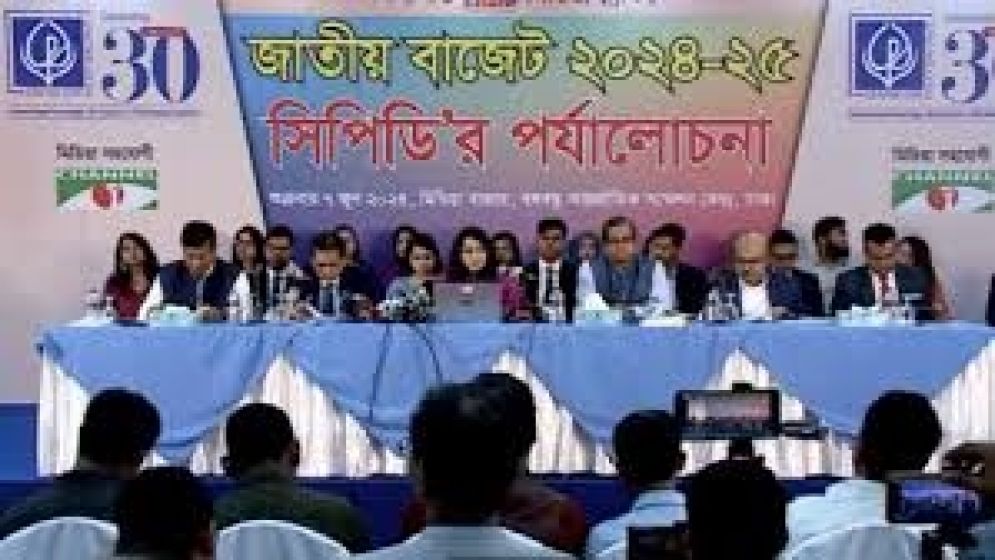Proposed budget lacks realism, unable to address the current crisis: CPD

The Centre for Policy Dialogue (CPD) has expressed today concerns over the inflation and foreign reserve targets in the 2024-25 fiscal year budget, criticizing the lack of implementation guidelines for these sectors.
CPD, at its customary post-budget press conference at Bangabandhu International Conference Centre, said the proposed Tk7.97 trillion national budget is "devoid of reality” and is insufficient to address the ongoing economic crisis.
During the press conference, CPD Executive Director Dr. Fahmida Khatun highlighted the country's various macroeconomic challenges, including high inflation, low foreign exchange reserves, weak currency, reduced imports, and issues in power and fuel supply.
Dr Fahmida emphasized the urgent need for action to address the stressed economy, citing the disarrayed economic indicators.
She stressed that immediate measures were required to control inflation and bolster dwindling foreign currency reserves.
“We do not know how it is possible to bring down the inflation rate to 6.5% in the next 12 months. It’s ambitious,” she said, pointing out Finance Minister AH Mahmud Ali’s project proposal of keeping the inflation at 6.5% in this financial year.
Dr Fahmida emphasized the necessity of implementing initiatives to alleviate the burden on the poor by curbing inflationary pressures in order to tackle the macroeconomic crises.
She highlighted the importance of strengthening social security programs, as people are already making sacrifices in their living expenses and food habits.
“These issues cannot be resolved solely through the central bank's monetary policy and require a supportive fiscal policy as well,” she said.
The FY25 budget proposes legalizing undisclosed income by taxing it at 15%, while the general and individual tax rate is capped at 30%.
However, CPD Distinguished Fellow Dr Mustafizur Rahman criticized this plan, stating that it discourages good governance and encourages tax evasion.
During the press conference, he questioned whether this legalization would extend to money earned through corruption, allowing individuals to avoid punishment for their illegal activities.
Dr Mustafizur further emphasized that this decision seems politically motivated, favoring those with undisclosed income.

